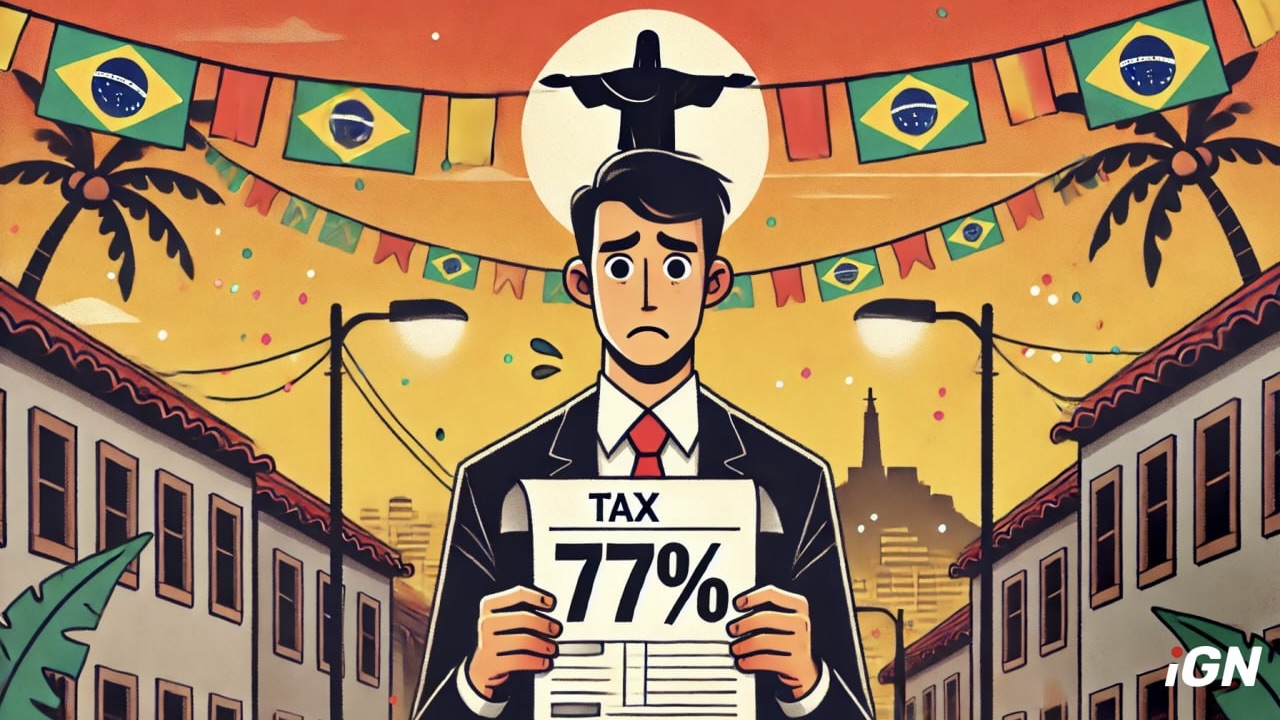Brazil may increase online sector taxes to 77% of revenue

The Brazilian government is considering increasing tax levies for operators in the online segment to offset the controversial hike in the Financial Operations Tax (IOF).
Reasons and objectives of the tax initiative
The country’s Ministry of Finance aims to collect around BRL 1.67 billion (USD 291 million) per month, which corresponds to 77% of the current revenue of regulated betting platforms — BRL 2.16 billion (USD 380 million).
This amount is intended to compensate for the expected BRL 20 billion (USD 3.5 billion) in revenue that was to be generated by raising the IOF. However, this move faced resistance in Congress and from the private sector.
Current state of the betting industry
According to the Central Bank, Brazilians place bets totaling around BRL 30 billion (USD 5.25 billion) monthly. However, only about 7% of this amount remains with the operators, with the rest paid out to players as winnings.
Tax burden on licensed operators
Licensed platforms in Brazil already pay a significant portion of their revenue in taxes and fees:
- 42% of revenue — total tax burden;
- 15% income tax on winnings from digital bets (compared to 30% for traditional lotteries);
- 12% of gross income is directed to the National Treasury;
- Regulatory fees (a fixed amount for each licensed operator);
- ISS, PIS, Cofins taxes and corporate income tax.
Financial flows to the treasury
| Month | Funds to the treasury (in million BRL) | Tourism levies (in million BRL) | Regulatory fee (in million BRL) |
|---|---|---|---|
| February | 259 | 41 | 6.78 |
| April | — | — | 9.36 |
| May | — | 75 | — |
Industry and organizational reactions
Many industry representatives opposed the proposed changes:
- The National Association of Games and Lotteries (ANJL) called the proposal “economically unjustified”;
- CNI President Ricardo Alban proposed taxing online platforms and tech companies more heavily instead of the manufacturing sector;
- The Brazilian Institute for Responsible Gaming (IBJR) warned that higher taxes could drive players to the black market.
Risks and challenges
The main danger, according to analysts, remains the growth of illegal operators. According to industry data, more than half of all bets in Brazil are placed through unauthorized platforms. This creates risks of significant revenue losses and decreased transparency in the gaming industry.
Conclusions
Despite the government’s intent to offset fiscal losses from the IOF hike through online bookmakers, the sector is already under serious pressure.
Raising the tax burden to 77% could have the opposite effect: loss of licensed operators and growth of the illegal sector.
An economically efficient balance between tax revenues and the development of a regulated industry is key to a stable and transparent gaming market in the country.
